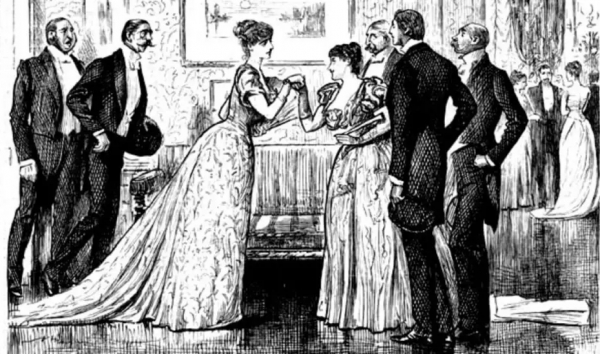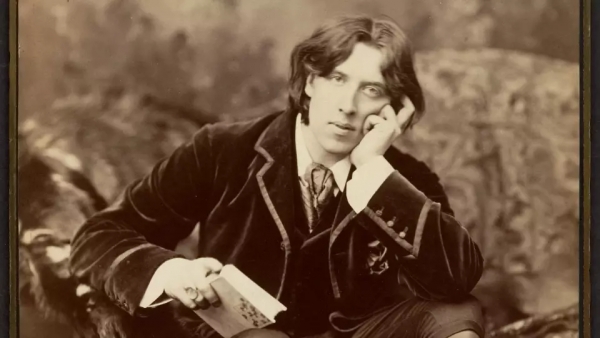
 Data Structure
Data Structure Networking
Networking RDBMS
RDBMS Operating System
Operating System Java
Java MS Excel
MS Excel iOS
iOS HTML
HTML CSS
CSS Android
Android Python
Python C Programming
C Programming C++
C++ C#
C# MongoDB
MongoDB MySQL
MySQL Javascript
Javascript PHP
PHP
- Selected Reading
- UPSC IAS Exams Notes
- Developer's Best Practices
- Questions and Answers
- Effective Resume Writing
- HR Interview Questions
- Computer Glossary
- Who is Who
What is the significance of dandy in Oscar Wilde's plays?
By the last decade of the nineteenth century, Drama as an occupation and the theatre as a profession had undergone huge changes. In the last three decades of the century with the famous playwrights Oscar Wilde (1865-1900), George Bernard Shaw (1856-1950), Sydney Grundy (1848-1914) the theatre began to gain a refined literary tone.
Wilde’s Writing Style
Wilde managed to collaborate the attributes, from a wide range of styles, practices, and genres, from drama, fiction and lyric, into finely patterned theatre events. He used satire, a scintillating wit, symbolism, literariness and farcical situations in his plays. His plays are aristocratic in its outlook, gay, and flippant in its tone and sparkling and vivacious in its style as if stemmed from an individualism supported by a philosophy of Art for Art’s sake.

Dandy In Wilde’s Plays
It is important to know that Wilde liked to give the impression of airy, superior, dandy but a learned to like him could not be informed of the uniqueness of his characters, especially when fallen women was a popular character in most of the plays of those times. The dandy in his plays may be because Wilde himself is a dandy, who is not the one who believes in authority and hierarchy, rather he exploits logic in order to produce the unseen.
Male Dandy
In many respects, as in the play A Woman Of No Importance, Lord Illingworth in the play is a thoroughly likable character. He talks about the tyranny of weak over the strong. His alter ego; however, casts his likeability into doubt and as the reader quickly learns, he embodies the hypocrisy that is in question throughout the play. While one may empathize with his struggle to reconcile a part of himself about which he is ashamed later, such empathy does not make Lord Illingworth more endearing to the reader.
Instead, he is profoundly flawed even till the end of the play as he is one of the aesthetic and moral liberation from the thoughtless conventionality. Due to the intelligent dialogues Wilde gives to his dandies, he makes dandy hard to define and his cultural alignments hard to see. The rejection of mundane was the principle rule Lord Illingworth is seen following.

Woman Dandy
Wilde does not neglect the presence of a women dandy. Indeed Mrs. Allonby herself is a dandy. She is the necessary means of keeping that laughter ringing in the play whose aesthetic rather than moral validation of the play, appearance and action marks a divide between her and the Puritanism Miss Hester Through the liberated vision of both Lord Illingworth and Mrs. Allonby, one knows about the predicament, delight and the mystery of women in the worldly existence. Thus, Wilde was truly a master playwright in Victorian times.

